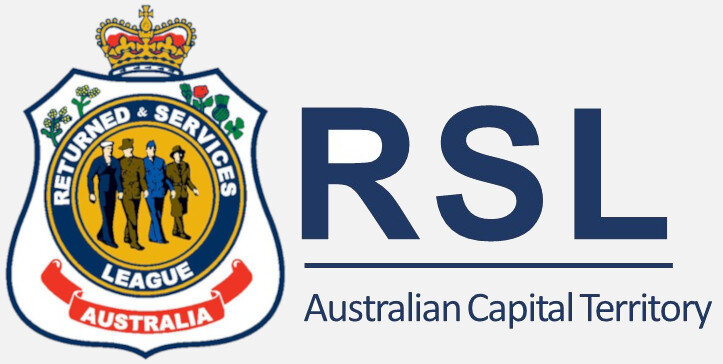Harness Your Network: A Guide for Veterans
How your existing network can pave the path to your future career.
As a veteran, transitioning back into civilian life can be daunting, especially when it comes to finding your next career opportunity. You've already demonstrated incredible resilience, teamwork, and dedication during your service – all highly valued skills in the civilian job market. However, the secret weapon in your arsenal that you might not have thought about is your existing network. With a little strategic thinking, your network can open doors for you. We also invite you to tap into the RSL Veterans’ Employment Program’s network, which includes civilian employers all over Australia.
In this article, we'll explore how you can leverage your network to find your next job.
Understand your strengths and preferences
Before reaching out to your network, it's crucial to understand your strengths and preferences. Reflect on your experiences in the service – what did you excel at? What tasks made you feel accomplished? Identifying these attributes will help you convey a clear message about what you’re seeking to your network.
Assessing Your Network
As a veteran, your network is likely larger than you think. It consists of fellow veterans, former colleagues, friends, family, and acquaintances. Each of these individuals is part of diverse circles and can be a potential conduit to job opportunities.
1. Military Comrades
Start with your comrades from your time in the service. They are likely to be well connected and can provide insights into the civilian job market. Australian ex-service organisations like the RSL and Young Veterans Australia are also great avenues to connect with fellow veterans.
2. Personal Relationships
Your friends and family may not necessarily have direct connections to job opportunities, but they may know someone who does. In Australia, the “six degrees of separation” theory seems even smaller, given we pride ourselves on camaraderie and “helping a mate”.
3. Social Media Connections
LinkedIn is a powerful tool for veterans. If you don’t have a profile, create one. Join groups relevant to your career interests and start engaging. Read more about why we think LinkedIn is an essential tool in this article.
4. Alumni Groups
If you’ve completed further education or training, your institution’s alumni network can be a goldmine of opportunities. Many universities in Australia have dedicated career services that can be accessed by alumni.
Crafting Your Message
When reaching out to your network, be clear, concise, and professional. Express your intentions, share your experiences, and mention the type of role you are looking for. For instance, if you have experience in logistics during your service, and you are looking to continue in a similar vein, convey this succinctly.
Follow-Up and Building Relationships
Following up is key. If someone has taken the time to respond or provide advice, show appreciation. Keep them updated on your progress, even if their lead didn’t directly result in a job offer. Building relationships is an ongoing process.
Attend Networking Events
Veterans’ networking events, job fairs, and career workshops are excellent places to meet people face-to-face. Engage in conversations and ask for business cards. If you're in or around major cities like Sydney or Melbourne, keep an eye on event listings on sites like Eventbrite or through veteran associations.
Utilise the Services available to you
As a veteran seeking work, there are services available to you. The RSL Veterans’ Employment Program is free for veterans and their immediate family members, and assists with career counselling, resume development, and connecting you with employers looking to hire. Similarly, the Australian Government’s Career Transition Assistance provides employment support via the Department of Veterans’ Affairs.
Broaden Your Horizons
Sometimes opportunities might not be exactly in line with what you envisaged, but could still be a good fit for your skills. Be open to exploring roles slightly outside of your initial preference. This might require a bit of fine-tuning of your skills but can be a stepping stone into your desired career.
The benefits of leveraging your network
As a veteran, you possess a plethora of skills and experiences that are invaluable in the civilian job market. Your existing network is a treasure trove that can help you navigate the transition and find your next career opportunity.
Remember that networking is not just about asking for favours; it's a two-way street. While you're tapping into your network for job prospects, be open to lending a hand to others in your network when they need it.
Start by assessing your network and identifying who can be a great resource. Craft a professional yet genuine message and don’t forget to follow up. Attend events, be open to various opportunities, and don’t be shy to ask for advice or help. Reach out to the RSL Veterans’ Employment Program for free, one-on-one career guidance.
Australia’s community spirit is one of its greatest strengths, and as a veteran, you’re an esteemed member of this community. Embrace the support, unlock the power of your network, and here's to finding a rewarding and fulfilling career in your civilian life!
Want to see more content like this? Check out all our veterans’ employment articles here.


